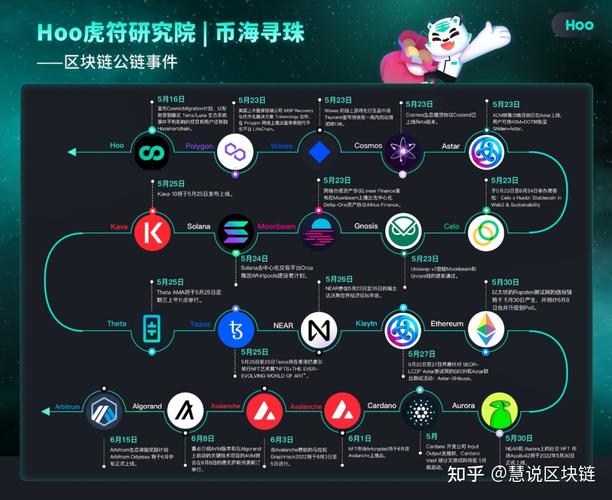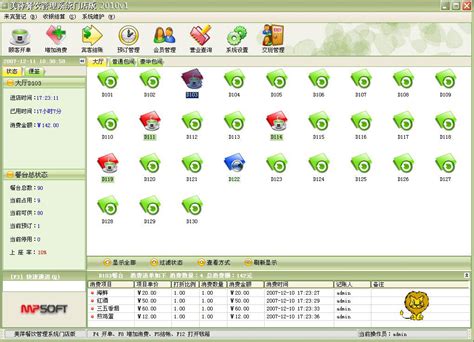区块链联盟链公有链私有链
Blockchain domain names, also known as decentralized domain names, have gained significant attention in recent years due to their potential to revolutionize internet addressing systems. Public blockchains, which are decentralized networks accessible to anyone, offer a promising platform for hosting these domain names. Let's delve into the concept of blockchain domain names on public chains and explore their implications.
Understanding Blockchain Domain Names
Traditional domain names rely on centralized domain name system (DNS) servers managed by organizations like ICANN. However, blockchain domain names operate on decentralized networks, providing censorshipresistant and immutable naming systems.
Blockchain domain names are represented as nonfungible tokens (NFTs) on the blockchain. They can be purchased, transferred, and traded like other digital assets. These domain names typically end with extensions like .crypto, .eth, or .zil, signifying the blockchain they are hosted on.
Advantages of Blockchain Domain Names on Public Chains
Popular Public Chains Hosting Blockchain Domain Names

Several public blockchain platforms support the registration and management of blockchain domain names. Some of the most notable ones include:
- Ethereum: Ethereumbased domain names, ending with .eth, are among the most wellknown in the blockchain domain space.
- Unstoppable Domains: Unstoppable Domains operates on Ethereum and Zilliqa blockchains, offering domain names ending with .crypto and .zil extensions.
- Handshake: Handshake is a decentralized naming and certificate authority system, providing toplevel domain names (TLDs) on its blockchain.
Guidance for Utilizing Blockchain Domain Names on Public Chains
Here are some tips for effectively utilizing blockchain domain names on public chains:
- Research: Before purchasing a blockchain domain name, research different platforms, pricing, and features to choose the most suitable option.
- Security: Safeguard your private keys and follow best practices for securing your blockchain assets to prevent unauthorized access.
- Integration: Explore ways to integrate your blockchain domain name with decentralized applications (DApps), wallets, and other blockchainbased services.
- Community Engagement: Join communities and forums related to blockchain domain names to stay updated on developments, share experiences, and seek assistance if needed.
- Legal Considerations: Understand the legal implications of blockchain domain ownership in your jurisdiction, especially regarding intellectual property rights and dispute resolution.
Conclusion
Blockchain domain names on public chains represent a disruptive innovation in the field of internet addressing. By leveraging the decentralized nature of blockchain technology, these domain names offer censorship resistance, ownership control, and interoperability. As adoption continues to grow, individuals and businesses can benefit from utilizing blockchain domain names for various purposes, ranging from personal branding to decentralized website hosting.










